
Perfuse Therapeutics is conducting trials for the treatment for glaucoma and diabetic retinopathy, aiming to restore vision and combat global blindness.

Perfuse Therapeutics is conducting trials for the treatment for glaucoma and diabetic retinopathy, aiming to restore vision and combat global blindness.

Assistive devices empower patients with central vision loss to regain independence, enhancing daily activities and reducing reliance on low vision centers.
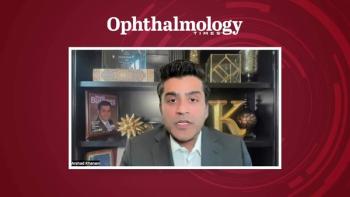
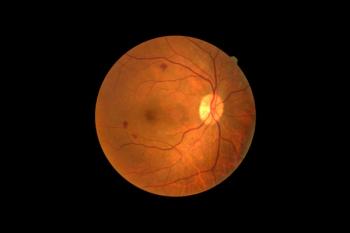

Siegfried Priglinger, MD discussed research he presented focused on pediatric patients with inherited retinal diseases with an emphasis on studies into the RPE65 gene.

Mark Daly discusses the transformative role of AI in ophthalmology, highlighting its potential to enhance patient care and streamline physician workflows.
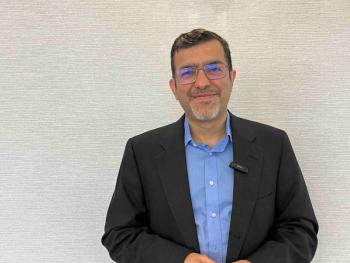
Jay Chhablani, MD, explains how 3D choroidal vessel segmentation transforms ophthalmology, enhancing disease diagnosis and treatment through advanced imaging technology.

The TEASE-1 trial reveals gildeuretinol's potential to reduce vision loss in Stargardt disease, offering hope for future treatments.

The ELEVATUM study explored faricimab's effectiveness in treating diabetic macular edema among underrepresented minorities, showcasing significant visual acuity improvements.

Researchers share that perfluorohexyloctane eye drops offer rapid relief for dry eye disease, enhancing patient comfort before cataract surgery.
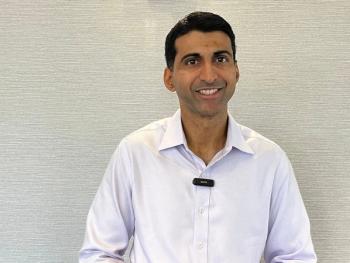
A study reveals attrition rates in patients with geographic atrophy on complement inhibitor therapies, highlighting the need for improved treatment adherence strategies.
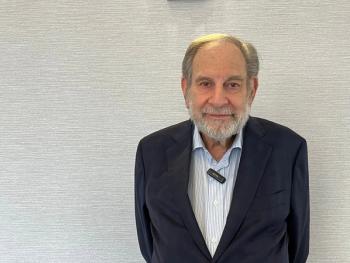
Boyer discusses a potential treatment for diabetic retinopathy and macular degeneration using suprachoroidal injections, offering reduced risks and improved outcomes.

Discover how ellipsoid zone integrity predicts geographic atrophy growth rates in recent clinical trials, enhancing future treatment strategies.
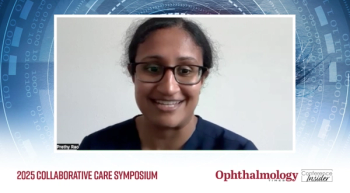
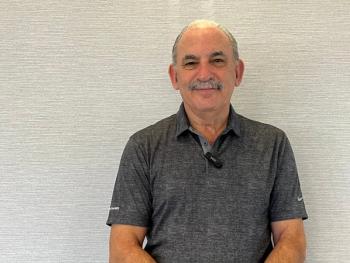
The Retina World Congress showcases global innovations in surgical and medical retina, highlighting emerging treatments and fostering collaboration among specialists.
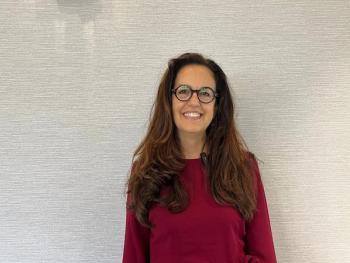
Sharon Fekrat, MD, FACS, FASRS, highlights the critical importance of networking and collaboration in the medical field, particularly in ophthalmology.
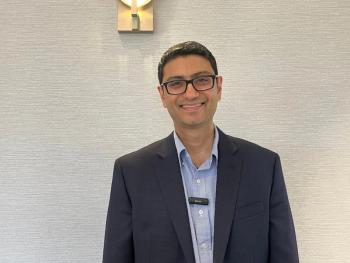
Dilraj S. Grewal, MD, FASRS, provides an in-depth overview of the current state of research and treatment innovations.

Vakharia insights from the ARCHER trial on geographic atrophy treatment for dry AMD, highlighting promising results and future directions in ophthalmology.
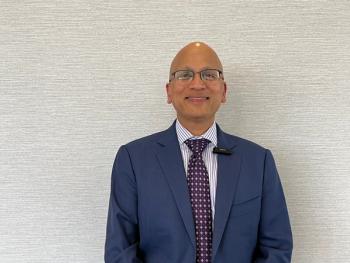
Sunir Garg, MD, discusses a challenge in ophthalmological procedures: patient discomfort during intravitreal injections caused by povidone iodine.
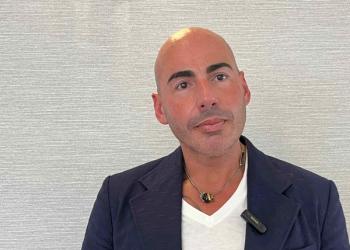
Almeida highlighted the increasing prevalence of diabetic macular edema and the importance of developing safe, well-tolerated treatments.
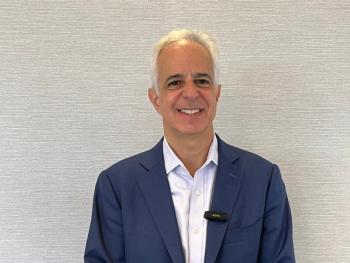
Carl D. Regillo, MD, shares insights on the VERONA trial of EYP-1901 at the Retina World Congress 2025 meeting held in Fort Lauderdale, Florida.
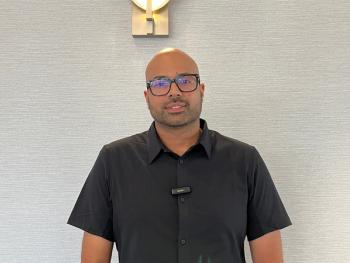
At Retina World Congress 2025, Dilsher S. Dhoot, MD, shares updates on the HELIOS trial and the potential future of tyrosine kinase inhibitors (TKIs)
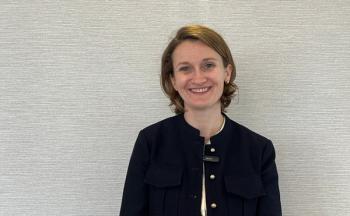
This large database study explored the link between autoimmune problems and AMD.
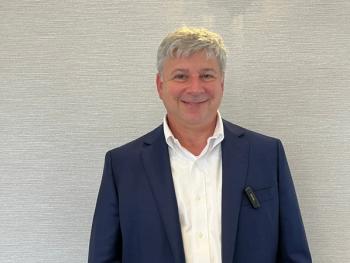
In this conversation, Franklin discussed a research study on intraoperative fluorescein angiography in surgical procedures, highlighting significant advancements in surgical visualization and patient outcomes.

Explore the challenges and strategies of private practice management, focusing on financial sustainability and patient care in today's healthcare landscape.

Retina World Congress 2025 unites global retina experts in Fort Lauderdale to explore cutting-edge research, surgical techniques, and patient care advancements.


Discover groundbreaking advancements in eye care at ASCRS 2025, featuring innovative technologies and research from leading ophthalmology companies.

The annual ARVO meeting will be held in Salt Lake City, Utah and feature presentation on clinical trials from around the globe.

Leos is supported by emerging data from a randomized controlled clinical trial, further validating its safety and efficacy.